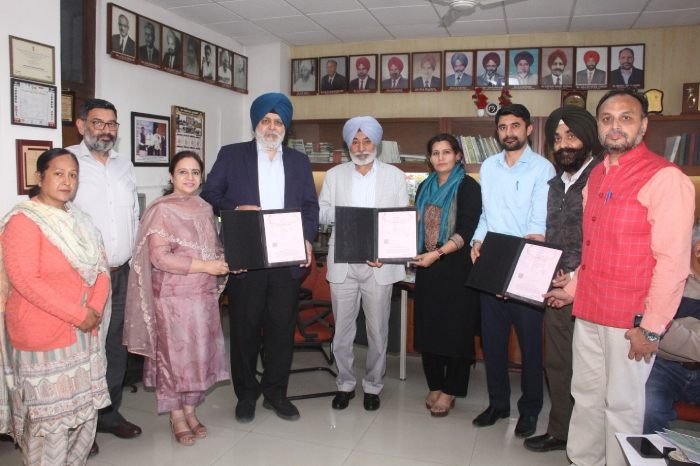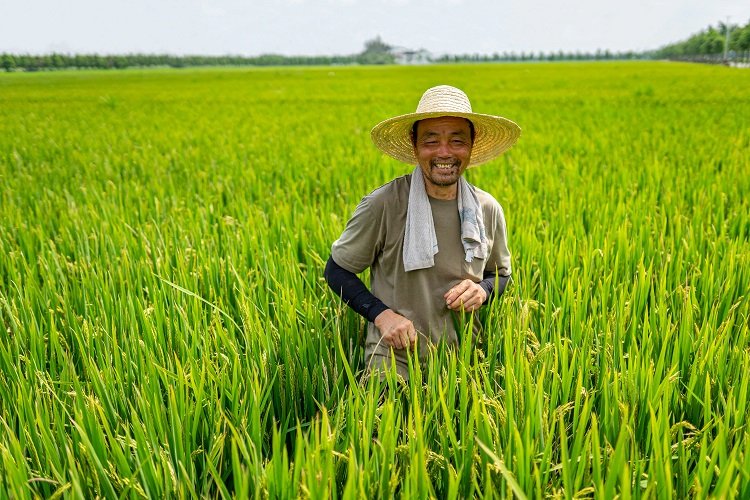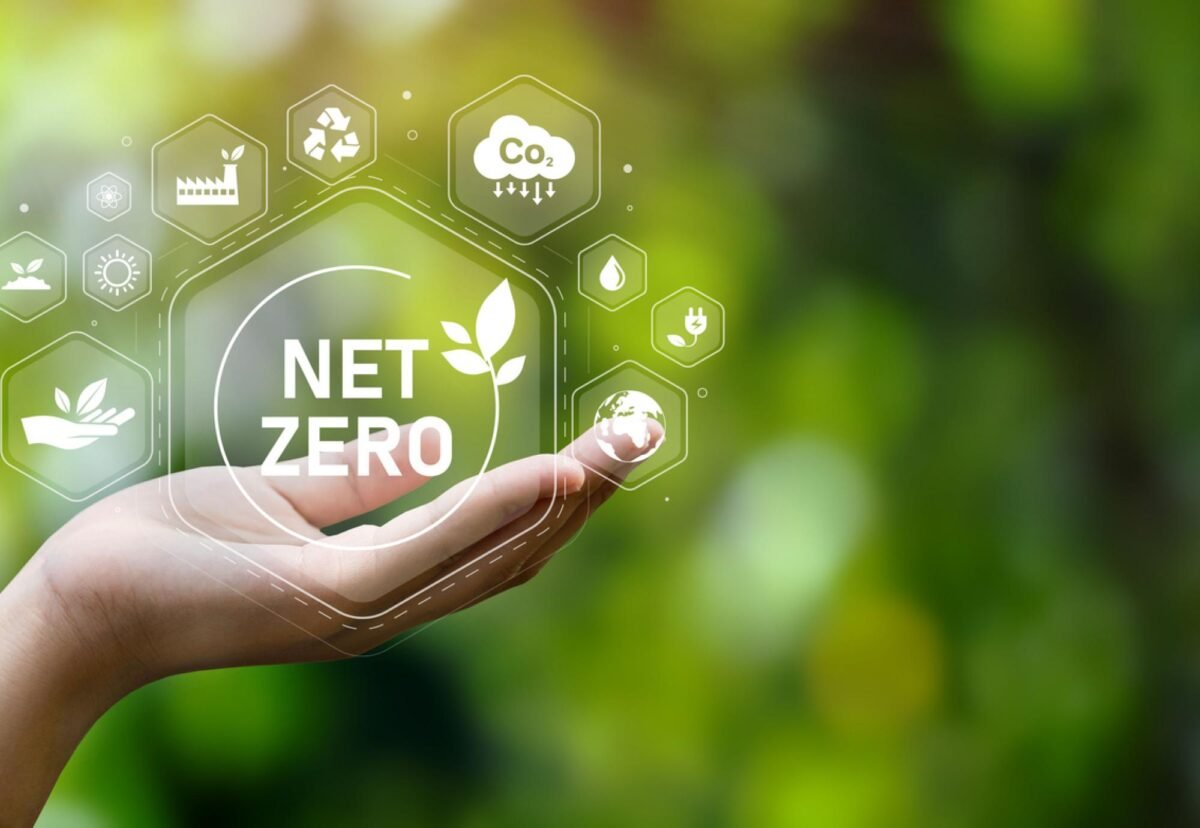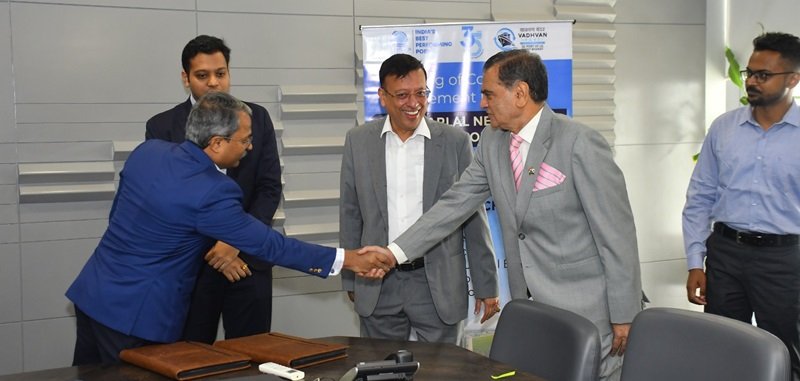Urgent development of seed banks, processing units, and streamlined policies is recommended to support industry growth.
Primus Partners has released a comprehensive report titled “Seaweed Farming can touch a million lives”, highlighting the immense potential of seaweed farming to transform India’s coastal economy. Seaweed Farming has the potential to touch a million lives. In fact, the expert estimations are that given the right support to the ecosystem, 4,00,000 families or 1.6 million lives can be positively impacted by seaweed farming. This is a massive growth projection from the current 40,000+ families involved with this ecosystem.
In terms of revenues, India’s seaweed sector, estimated to be worth Rs 200 crore in 2022, could surge to Rs 3,277 crore within the next 10 years. This growth is driven by rising demand across industries such as food, pharmaceuticals, cosmetics, biomaterials and agriculture, alongside strong government support and increasing consumer interest in sustainable products.
India’s diverse coastal regions, including Maharashtra, Tamil Nadu, Orissa, Goa, Gujarat, Lakshadweep, and the Andaman & Nicobar Islands, present untapped potential for largescale seaweed farming. With rising demand across industries such as food, pharmaceuticals, cosmetics, and agriculture, seaweed farming is poised to become a key driver of India’s blue economy.
However, despite its potential, India currently contributes less than 1% to global seaweed production. The report identifies key challenges, including inconsistent seed quality, logistical bottlenecks, and limited market linkages, which hinder the sector’s growth.
Key Insights from the Report:
Economic Impact: Seaweed farming could generate significant revenue, with farmers earning up to Rs 13.28 lakh per hectare annually from high-value species like Kappaphycus alvarezii.
Challenges for Buyers: Buyers face issues such as inconsistent supply, poor logistics, and lack of contract farming policies, leading to a reliance on imported seaweed.
Farmer Challenges: Coastal farmers struggle with low awareness of farming techniques, environmental risks, and weak market linkages, limiting their adoption of seaweed farming.
Government Initiatives:
The Indian government has taken several steps to promote seaweed farming, including budget allocations under the Pradhan Mantri Matsya Sampada Yojana (PMMSY) and initiatives to provide Kisan Credit Cards (KCC) and Mudra Loans to farmers. However, the report emphasizes the need for a concrete roadmap focusing on:
Infrastructure Development: Establishing onshore and offshore seed banks, micropropagation facilities, and processing units near cultivation hubs.
Policy Support: Streamlining land leasing and contract farming policies to ensure stable incomes for farmers and reliable supply chains for buyers.
Market Access: Encouraging private investments through fiscal incentives and Public-Private Partnerships (PPPs) to strengthen the seaweed value chain.
India’s leading seaweed buyers include large multinational corporations across the food, pharmaceutical, agriculture (bio-stimulants), and cosmetics industries, as well as small businesses focused on sustainable packaging, biofuels, and agriculture. Additionally, companies specialising in extracting agar, agarose, and carrageenan from red algae purchase significant quantities for use as thickeners and emulsifiers in the food industry.
Dr. Stefan Kraan, Chief Scientific Officer of TSC-Purple Pvt. Ltd., Tuticorin, Tamil Nadu said, “Lakshadweep has emerged as a key location. Typically, the final dry seaweed production per unit of seeds is 5X; however, some regions in Lakshadweep have shown extraordinary results of up to 15X”.
Abhiram Seth, Managing Director of Aquaagri Processing Pvt. Ltd., emphasized the need to resolve concerns around Kappaphycus, stating, “If the perception issue of Kappaphycus can be solved, seaweed farming can provide livelihood to a million lives.”
Ramakrishnan M, MD, Primus Partners, Author of this report, commented, “Seaweed farming represents a tidal shift in sustainable agriculture, promising not only to bolster India’s blue economy but to fundamentally transform coastal livelihoods. By embracing this untapped resource, we are paving a path towards economic resilience and environmental stewardship for millions.”
The report calls for collaborative efforts between the government, private sector, and coastal communities to unlock the full potential of seaweed farming. By addressing challenges and implementing the recommended strategies, India can position itself as a global leader in the seaweed industry, driving sustainable economic growth and empowering coastal communities.
Urgent development of seed banks, processing units,














